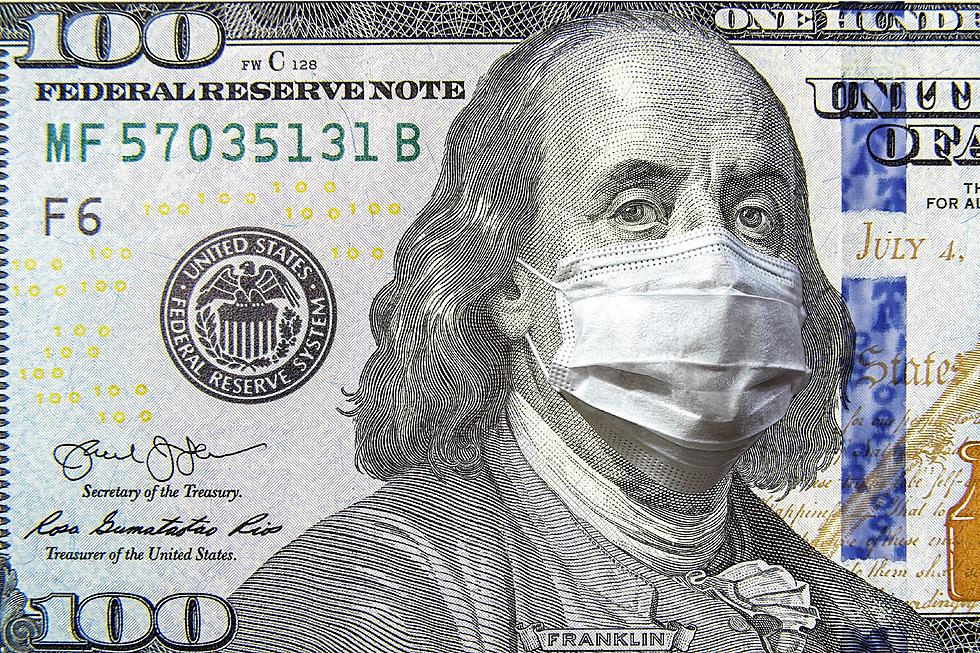
The middle class in New Jersey is getting smaller
A new study confirms what New Jerseyans have already figured out.
The middle class is shrinking, while the number of lower- and upper-income residents is on the rise.
The Pew Research Center report finds over the past 16 years, as income inequality has widened, the middle class in most parts of the country, including New Jersey has grown smaller.
According to James W. Hughes Dean of the Edward J. Bloustein School of Planning and Public Policy at Rutgers University, this is having a detrimental effect on the state economy.
“The fact that the Jersey middle class is shrinking has feedback elements to all other dimensions of the economy. It impacts spending power, consumer spending power, it impacts retailing, it impacts the ability to purchase needed services and the like,” he said. “As shoppers look for more affordable places to buy things, the dollar stores are flourishing but the middle department stores are struggling, and even some of the high end department stores are struggling.”
In the Pew study, members of the middle class are defined as having an annual household income of between $42,000 and $125,000 for a family of three. The research indicates the share of Americans living in middle-class households dropped from 55 percent in 2000 to 51 percent in 2014.
Hughes pointed out the unemployment rate in Jersey, 4.4 percent, is now lower than the national average — but the figure alone can be a bit deceiving.
“We still have people who are technically employed, but they’re really under-employed. Their skill set may be greater than the job they actually have requires,” he said.
Hughes said that back in the '80s and '90s, as we made the transition to the information economy from the post-industrial economy, “we created a lot of middle-skilled, white-collar jobs. But over the past 10 years or so many of those jobs have started to disappear, They’ve been supplanted by information technology.”
In other words “those middle-skilled, reasonably good-paying white-collar jobs bulwarked our economy in the '80s and the '90s, but that’s no longer the case."
He said “super-talented in demand workers have seen their wages go way up while a lot of low-paying jobs are going down, and as this trend plays out, New Jersey may well be hit harder because we have the highest housing costs in the country, we have other costs which are prohibitive, much greater than other parts of the nation. This makes the struggle for the middle class even harder.”
Hughes said that over the past 10 years, while New Jersey’s economy has been flat, New York City has gained about 650 thousand jobs, and many of those higher-paid positions are being filled by New Jersey workers, which has also contributed to the middle class shrinking in the Garden State.
More From New Jersey 101.5 FM









